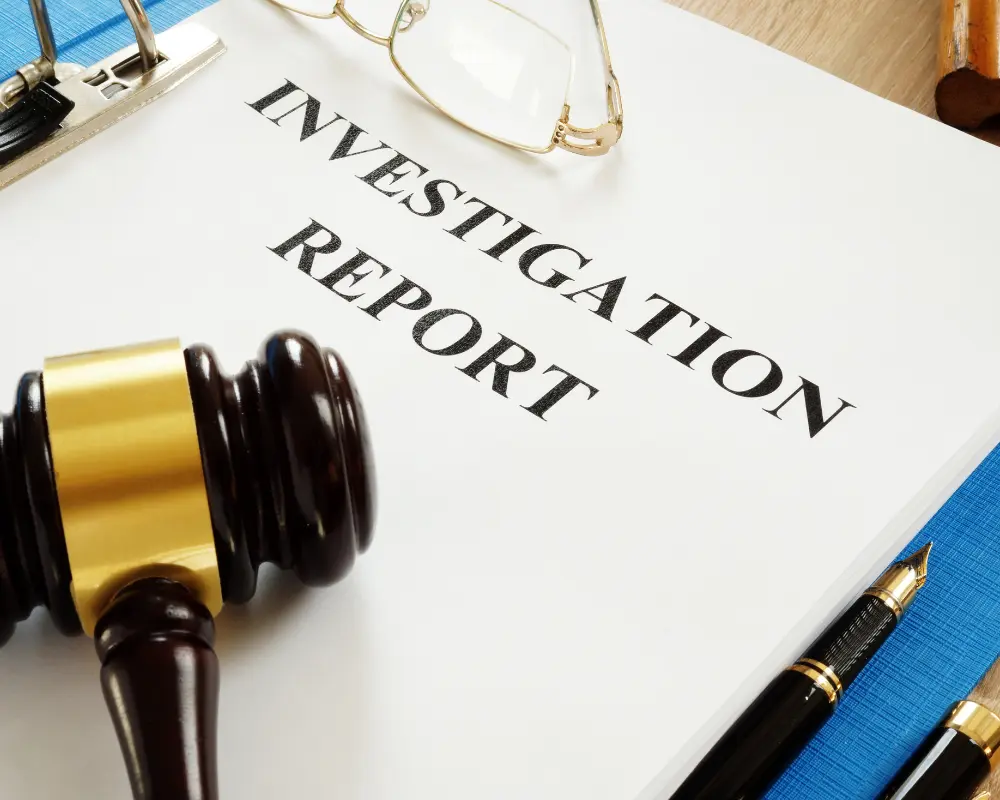The legality of private investigation is a complex and multifaceted topic that varies across jurisdictions. Generally, private investigators (PIs) play a crucial role in legal and ethical contexts, providing valuable services in areas such as surveillance, background checks, and evidence gathering. However, the activities of private investigators are subject to legal regulations, and adherence to ethical standards is essential to ensure their practices remain lawful.
Private investigators are typically hired by individuals, businesses, or attorneys to collect information for various purposes, including legal proceedings, personal matters, or corporate concerns. The legality of their actions is influenced by statutory laws, case law, and industry regulations that differ from one jurisdiction to another.
Licensing and Regulation:
Many jurisdictions require private investigators to be licensed, and obtaining a license often involves meeting specific criteria, such as education, experience, and passing an examination. Licensing aims to ensure that investigators have the necessary skills and knowledge, adhere to ethical standards, and operate within the bounds of the law. Regulations regarding licensing vary widely, and some areas may not have stringent licensing requirements.
Scope of Work:
Private investigators must operate within the legal boundaries defined by the jurisdiction in which they work. The permissible scope of their work varies, but it commonly includes activities like surveillance, background checks, and information gathering. Investigators may not engage in activities that infringe upon an individual’s privacy rights or violate other laws.
Privacy Laws:
Privacy laws are central to the legality of private investigation. Investigators must be cautious not to infringe upon the privacy rights of individuals while conducting their work. This includes respecting restrictions on surveillance, accessing private information, and avoiding actions that could be deemed invasive. Violating privacy laws can lead to legal consequences for the investigator and their client.
Surveillance and Electronic Monitoring:
Surveillance is a common tool used by private investigators, but it must be conducted within the legal framework. Laws regarding surveillance vary, and investigators must be aware of restrictions on where and how they can observe individuals. Additionally, the use of electronic monitoring tools, such as GPS trackers or wiretapping, is subject to strict regulations, and their misuse can lead to legal repercussions.
Evidence Collection:
Private investigators may be involved in gathering evidence for legal proceedings. However, the admissibility of evidence collected by a private investigator can be subject to scrutiny. Courts may assess the legality of the investigator’s methods and whether they adhered to applicable laws during the information-gathering process.
Impersonation and Deception:
The use of deception or impersonation by private investigators is another legal consideration. While undercover work is a common practice, there are limits to how far an investigator can go without crossing legal boundaries. Impersonation that involves breaking the law or engaging in fraudulent activities can lead to legal consequences.
Ethical Standards:
Beyond legal considerations, private investigators are expected to adhere to ethical standards outlined by professional organizations and industry associations. These standards often emphasize honesty, integrity, and respect for individuals’ rights. Violating ethical standards may result in professional consequences, damage to the investigator’s reputation, and legal actions.
International Variances:
The legal landscape for private investigation also varies internationally. Different countries have distinct legal frameworks, licensing requirements, and privacy laws. Investigators working across borders must navigate these variances and ensure compliance with the laws of each jurisdiction involved.
Conclusion:
In summary, the legality of private investigation is a nuanced and dynamic field, shaped by a combination of statutory laws, case law, and ethical standards. Private investigators must be well-versed in the legal landscape of their jurisdiction, obtain any required licenses, and conduct their work in a manner that respects privacy rights and ethical principles. As legal frameworks continue to evolve, the role of private investigators remains crucial in providing valuable information within the bounds of the law.



[…] their widespread use in forensic and private investigations, fingerprints are not infallible. Challenges such as contamination, degradation over time, and the […]